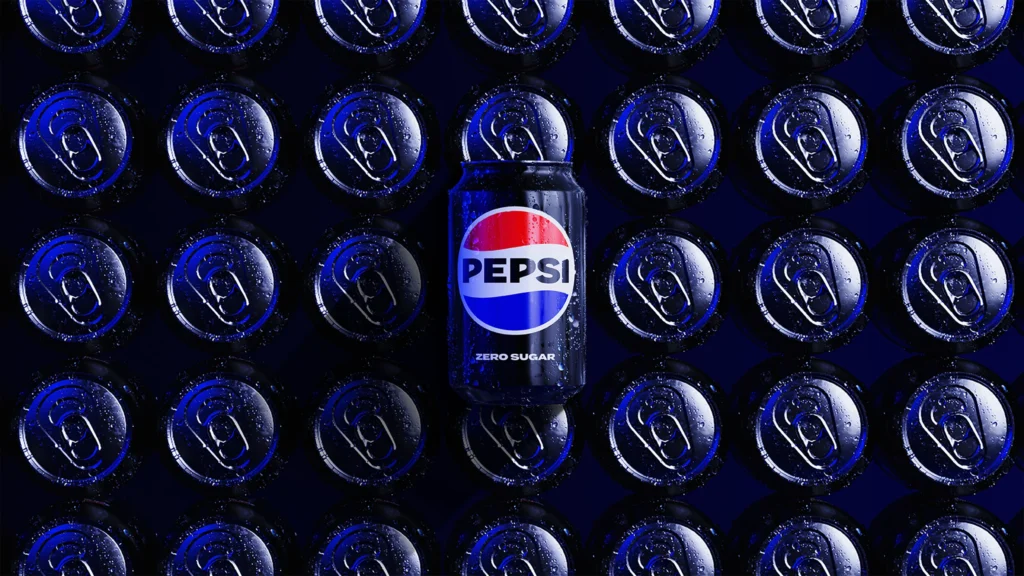In a significant move aimed at streamlining operations, PepsiCo has announced the closure of four bottling plants across the United States, resulting in nearly 400 job losses. This decision comes amid declining sales and a shift in consumer behavior following years of price increases. As the beverage and snack giant navigates these challenges, understanding the implications of this restructuring is crucial for employees, investors, and consumers alike.
Overview of the Closures
PepsiCo’s decision to close its bottling plants will primarily impact four locations:
- Cincinnati, Ohio – 136 workers affected
- Chicago, Illinois – 131 workers affected (full closure)
- Harrisburg, Pennsylvania – 127 workers affected
- Atlanta, Georgia – Fewer than 50 workers affected
Among these, the Chicago facility will be fully shuttered, while operations related to sales, delivery, and warehousing will continue at the other three locations. The company’s commitment to its workforce is reflected in its decision to provide affected employees with pay and benefits for 60 days, even though most will not be required to work during this period.
The Context: Declining Sales and Changing Consumer Preferences
PepsiCo’s announcement comes on the heels of a downward revision in its sales forecast for the year. The company has experienced a notable decline in beverage sales, particularly in North America, which fell by 3% in both the second and third quarters of 2023. This trend is not confined to PepsiCo alone; many consumer goods companies have reported similar struggles as consumers tighten their spending amid inflationary pressures.
The global market has seen a significant shift in consumer behavior, with customers becoming more selective about their purchases. After years of price hikes, many shoppers are now opting for cheaper alternatives or cutting back on discretionary spending, impacting the sales of well-known brands like Pepsi.
Financial Performance and Profitability Concerns
In the July-September period of this year, PepsiCo reported a 5% decline in net income, totaling $2.9 billion. These financial results underscore the challenges the company faces in maintaining profitability while navigating a rapidly changing market landscape. The company’s leadership has stated that it remains sharply focused on efficiency and productivity gains to counter these pressures.
The decision to close bottling plants is part of a broader strategy to optimize operations and reduce costs. By consolidating production and focusing on more profitable locations, PepsiCo aims to enhance its competitive position in the beverage industry.
Implications for Employees and Communities
The closure of bottling plants inevitably affects not just the employees directly involved, but also the communities where these plants are located. For the nearly 400 workers laid off, the loss of employment can have far-reaching consequences, affecting their families and local economies.
PepsiCo’s provision of pay and benefits during the transition period is a positive step, but many employees may face uncertainty as they seek new employment opportunities. The closure of these facilities may also impact suppliers and local businesses that rely on the economic activity generated by PepsiCo’s operations.
The Future of PepsiCo: Strategies for Recovery
As PepsiCo navigates these turbulent waters, several strategies will be critical for its recovery and future growth:
1. Enhancing Efficiency
The closure of bottling plants is a clear indication of PepsiCo’s commitment to enhancing operational efficiency. Streamlining production processes and focusing on high-performing locations can help the company reduce costs and improve margins.
2. Adapting to Consumer Trends
PepsiCo must stay attuned to changing consumer preferences. With an increasing focus on health and wellness, the company may need to invest more in developing low-sugar and healthier product alternatives to meet evolving market demands.
3. Innovative Marketing Strategies
As competition intensifies, innovative marketing strategies will be essential. Engaging younger consumers through social media and lifestyle branding can help PepsiCo maintain its relevance in a crowded marketplace.
4. Sustainability Initiatives
Sustainability continues to be a significant factor for consumers. PepsiCo’s commitment to environmental responsibility and sustainable sourcing will not only improve its brand image but also attract eco-conscious consumers.
Industry Outlook: The Future of Beverage Companies
The beverage industry is at a crossroads, with companies like PepsiCo and Coca-Cola facing increasing challenges. The shift toward healthier options, coupled with rising operational costs, is forcing these giants to adapt rapidly.
Analysts expect that the focus on efficiency, innovation, and sustainability will be key drivers for success in the coming years. As consumers continue to demand better quality and more sustainable products, beverage companies will need to adjust their strategies accordingly.
Conclusion
PepsiCo’s decision to close four bottling plants and cut nearly 400 jobs marks a significant chapter in the company’s ongoing efforts to streamline operations and adapt to a changing market. While the short-term implications for employees and communities are concerning, the long-term strategy focuses on enhancing efficiency and maintaining competitiveness.
As PepsiCo looks to the future, its ability to navigate these challenges will determine its success in the increasingly complex landscape of the beverage industry. Stakeholders—employees, investors, and consumers—will be watching closely as the company works to redefine its approach in a post-pandemic world.
